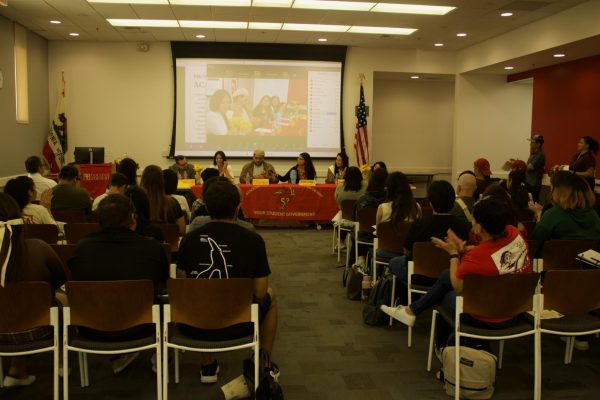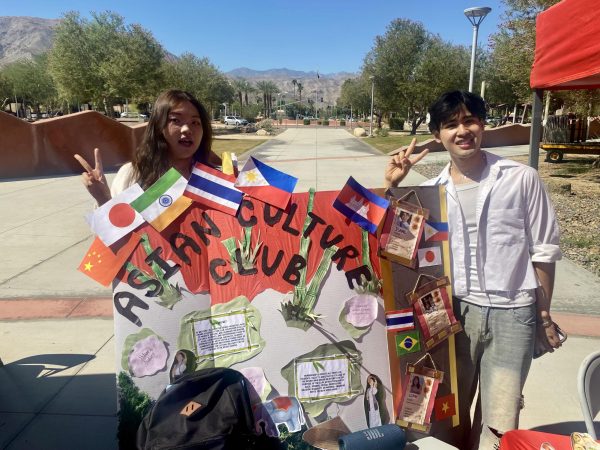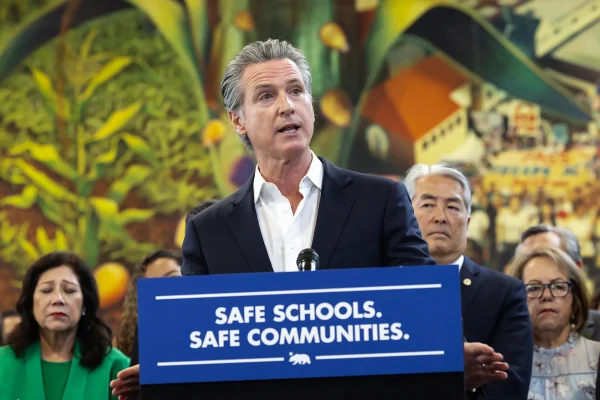March is National Women’s History Month
Women making history
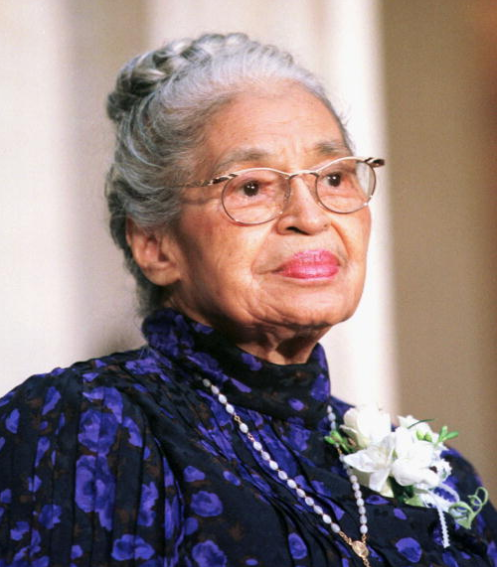
Photo courtesy of William Philpott/Getty Images. Civil rights leader Rosa Parks waits to receive the Congressional Gold Medal in Statuary Hall in the Capitol Building, Washington, DC, June 14, 1999.
March is National Women’s History Month. What first started as only one week to recognize women has now turned into a full month.
Women’s history month is dedicated to recognizing women who have impacted our past, present and future. In the year 1981, President Jimmy Carter nationally declared the second week of March National Women’s Week. However, a petition was brought forth to Congress six years later in 1987 to make this celebration an entire month.
Many who have paved the way for many historical movements, examples are Susan B. Anthony (1820-1960) helped pave the way for the 19th Amendment. “The right of citizens of the United States or by any State on account of sex.” Or Rosa Parks (1913-2005) initiated the civil rights movement and many other great women who made a difference.
Abigail Adams (1744-1818)
Abigail Adams, famously known for her quote, “remember the ladies,” was one of the first advocates for women’s rights. Although her husband, President John Adams, was “in charge,” she was her husband’s vital confidant and advisor.
According to an article, “When Adam was elected president in 1797, Adams eagerly wrote to his wife, “I never wanted your advice and assistance more in my life…” An outspoken First Lady, Adams often defender her husband’s positions, including his advocacy of the controversial Alien and Sedition Acts (1798).”
Adams was a strong believer that women should not just sit back and watch their husbands make important decisions. She believed that women should take more part in the decision-making.
She also believed that women’s education was essential as well. That is why she was one of the first advocates of women’s equal education and property rights.
Adams wrote to her husband and said, “‘Remember the Ladies and be more generous and favorable to them than your ancestors. Do not put such unlimited power into the hands of the husbands. Remember, all men would be tyrants if they could. If particular care and attention is not paid to the Ladies, we are determined to foment a rebellion and will not hold ourselves bound by any laws in which we have no voice or representation.'”
Adam will offer her advice to presidents after her husbands, such as Thomas Jefferson, James Madison, Dolley Madison and even her son John Quincy Adams.
Susan B. Anthony (1820-1906)
The founder of the National American Woman Suffrage Association (NWSA), Susan B. Anthony and her co-founder, Elizabeth Cady Stanton, created and produced The Revolution.
The Revolution was a weekly publication the two women set out for women’s rights under the American Equal Rights Association (AERA). “Its masthead read: ‘Men, their rights, and nothing more; women, their rights, and nothing less.” Said History.
The NWSA was born after the 15th Amendment passed, which allowed African American men the right to vote. Although this was a big accomplishment for the African community, the NWSA would not settle for that.
Anthony and Stanton believed that “instead of supporting the 15th Amendment as it is, women’s rights activists should fight for women to be included as well. They started the NWSA to lead this effort.”
These ladies’ efforts soon paid off on May 21, 1920. The 19th Amendment was passed, which allowed women the right to vote finally.
Anthony, however, did not get to see her dream fulfilled, never have been married, Anthony devoted her life to this cause. Passing on March 13, 1906, it would take 14 years later after her death that the 19th Amendment would be passed.
In honor of Anthony, the 19th Amendment was nicked named the “Susan B. Anthony Amendment.”
A quote from Anthony, “I declare to you that woman must not depend upon the protection of man but must be taught to protect herself, and there I take my stand.”
Rosa Parks (1943-2005)
The story of Rosa Parks is a story that has inspired many, even to this day. A young lady goes onto the bus after a long day of work. She refused to give up her seat to a white man in Montgomery, Alabama.
In a later interview, Parks talks about what was going on in her mind when she refused to give up her seat. “People always say that I didn’t give up my seat because I was tired, but that isn’t true. I was not tired physically… No, the only tired I was, was tired of giving in.”
Her actions inspired the Montgomery Bus Boycott organization, led by none other than Rev. Dr. Martin Luther King Jr. The Montgomery Bus Boycott “was a civil rights protest during which African Americans refused to ride city buses in Montgomery, Alabama, to protest segregated seating.”
In an interview, Parks said, “There were times when it would have been easy to fall apart or to go in the opposites direction, but somehow I felt if I took one more step, someone would come along to join me.”
Numerous people have joined her side to make a difference, and many are still fighting to this day. Segregation is still around. Although Parks is gone, many leaders are continuing the fight she left on.
Malala Yousafzai (1997)
Malala Yousafzai was born July 12, 1997, in Mingora, Pakistan. Yousafzai said, “Welcoming a baby girl is not always cause for celebration in Pakistan- but my father, Ziauddin Yousafzai, was determined to give me every opportunity a boy would have.”
Things changed for Yousafzai when she was 11 years old. The Taliban took control of the town she was in. They banned everything, including education for women.
Yousafzai spoke out against the Taliban, knowing the consequences could be dire. On October 9, 2012, a masked man entered the school bus Yousafzai was on. He asked for her to reveal herself, the scared school girls turned back to look at her. The man shot Yousafzai and two other girls, Kainat Riaz and Shazia Ramzan.
“I woke up 10 days later, in a hospital in Birmingham. England. The doctors and nurses told me of the attack- and that people around the world were praying for my recovery.” Yousafzai said in an interview.
After recovery, Yousafzai had been a voice for the voiceless. She fights for the right that every girl around the world has a right to education.
Women’s history month is a month to acknowledge any woman who has impacted the world and you as an induvial.
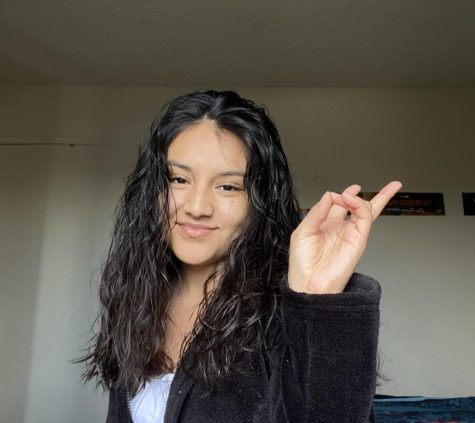
Trisha is a journalist major, and this will be her 3rd year at College of the Desert. She is the copy editor this semester and is excited to start this...

